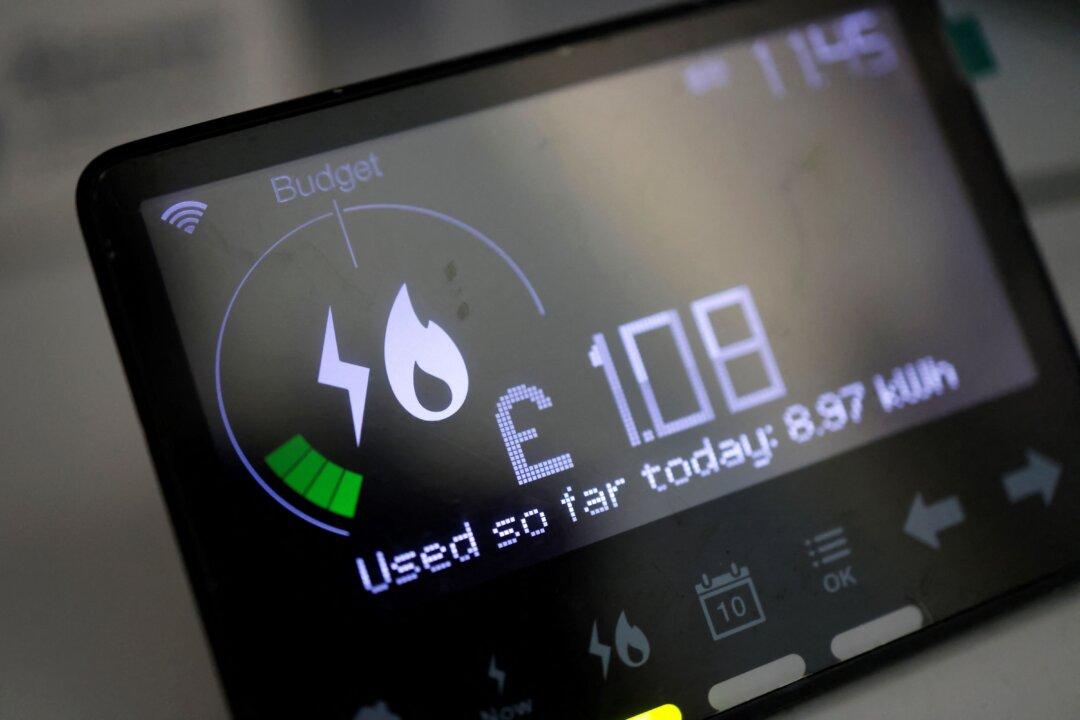As temperatures plunge across parts of the UK, a power blackout prevention energy rationing scheme has been rolled out to tighten the electricity supply, for the first time ever.
The National Grid said it would be activating its Demand Flexibility Service (DFS) to encourage households to avoid using electricity at peak time on Monday evenings.





